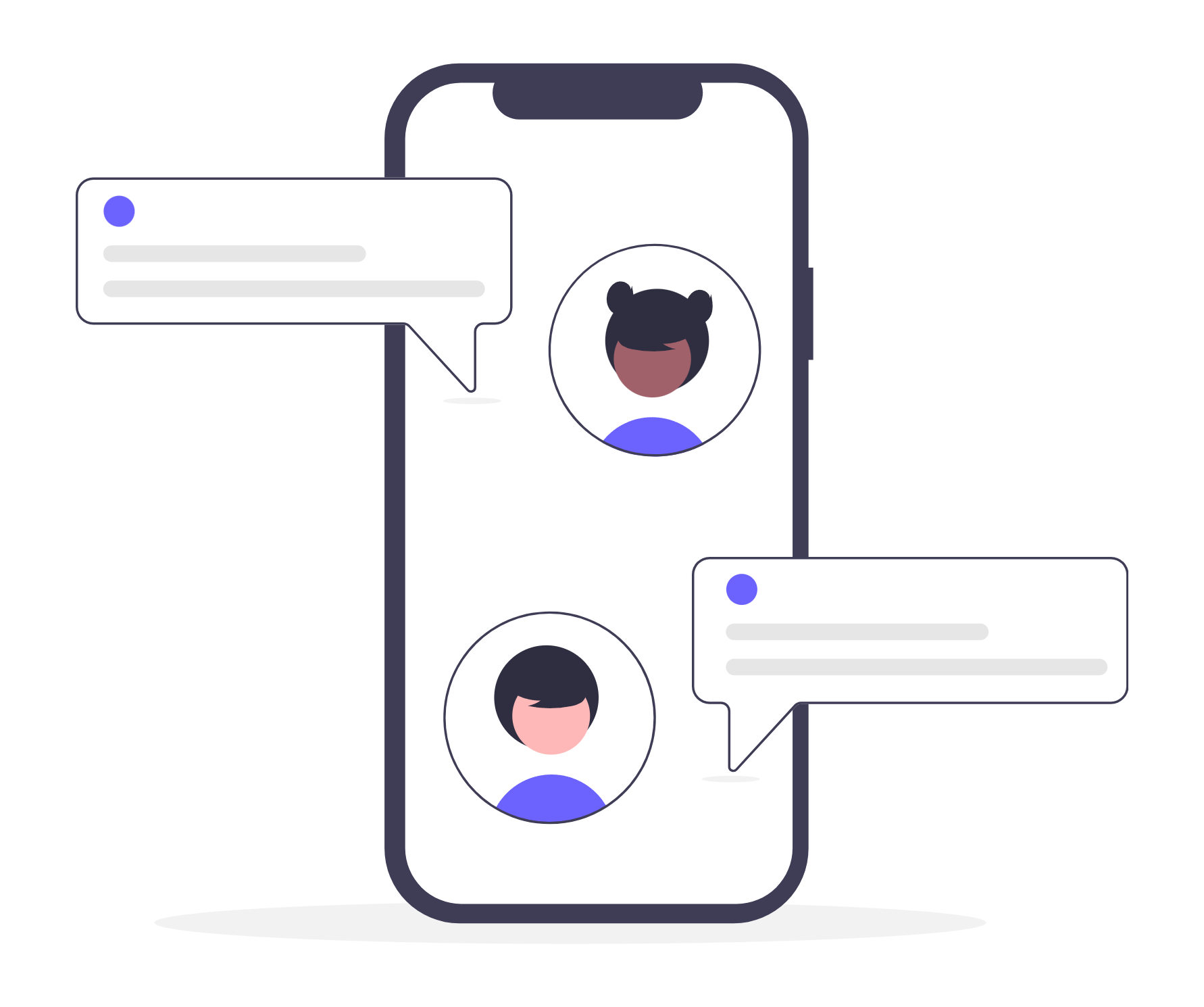The way we consume content has changed dramatically with the evolution of artificial intelligence (AI). Conversational learning, powered by technologies like chatbots and virtual assistants, is transforming the user experience. Instead of simply reading or watching information, it is now possible to interact with it in a dynamic and personalized way.
In this article, we will explore how AI is revolutionizing conversational learning, the benefits of this approach, and the impacts of this trend in different areas, such as education, business, and entertainment.
What is Conversational Learning?
Conversational learning is an interaction model that allows users to learn through dynamic dialogues with AI assistants. Instead of searching for information in static text or videos, users can ask questions and receive personalized answers in real time.
This model is made possible by advances in natural language processing (NLP) and machine learning. Technologies like ChatGPT are able to interpret questions, contextualize responses, and adapt content to the user’s needs.
Benefits of Conversational Learning
1. Content Personalization
AI can adjust responses based on the user’s knowledge level, making learning more efficient. For example, a beginner and an advanced user might receive different explanations on the same topic.
2. 24/7 Accessibility
Conversational learning assistants are available at any time, allowing users to learn at a time that is most convenient for them.
3. Real-Time Feedback
With conversational learning, users receive immediate answers and can quickly clarify doubts. This makes the learning process more dynamic and engaging.
4. High Engagement
Interacting with an AI assistant is more engaging than just passively consuming content. The ability to engage in dialogue stimulates curiosity and improves information retention.
5. Scalability
A single virtual assistant can serve thousands of users simultaneously, making this solution ideal for businesses and educational institutions.
Impacts of Conversational Learning in Different Areas
1. Education
In education, conversational learning is transforming the student experience. Educational platforms are integrating AI assistants to:
- Answer questions about academic content.
- Assist in studying for exams.
- Create personalized learning plans.
Example: A student can use a chatbot to learn math, receiving detailed explanations and solving problems in real time.
2. Business
Companies are embracing conversational learning to train teams and improve customer service. Applications like enterprise chatbots help to:
- Train employees with dynamic content.
- Resolve customer queries quickly and efficiently.
- Improve the consumer experience with personalized responses.
Example: An online store might use a virtual assistant to guide customers through the purchasing process, answering questions about products and return policies.
3. Entertainment
In the entertainment industry, conversational learning is creating more immersive experiences. Interactive games, streaming assistants, and simulators are using AI to:
- Adapt narratives based on user choices.
- Recommend personalized content.
- Provide immersive virtual reality experiences.
Example: An adventure game can adjust the story based on player decisions, creating a unique experience for each user.
How to Implement Conversational Learning
1. Choose the Right Platform
There are several AI tools on the market, such as ChatGPT, IBM Watson, and Microsoft Bot Framework. Choose the solution that best suits your needs.
2. Define the Objectives
Before implementing AI, it’s essential to identify the goals of conversational learning. Do you want to train teams, educate students, or improve customer service?
3. Train the AI Assistant
Feed the AI model with relevant data and ensure it is able to respond accurately and contextually.
4. Monitor and Adjust
Track assistant performance and collect user feedback to make continuous improvements.
Challenges of Conversational Learning
While this technology offers many benefits, there are challenges to consider:
- Context Limitations: AI may not understand complex situations or ambiguous questions.
- Data Privacy: Ensuring the security of user information is essential.
- Technological Dependence: Users can become overly dependent on AI, reducing their own research and problem-solving abilities.
The Future of Conversational Learning
With advances in AI, conversational learning will become even more sophisticated. Some trends include:
- Virtual Reality Integration: Learning assistants that interact in immersive environments.
- Emotional Recognition: AI capable of interpreting tone of voice or facial expressions to adjust responses.
- Expansion into New Sectors: More industries adopting conversational learning, such as healthcare and engineering.
Conclusion
Conversational learning is radically changing the way we consume content. By enabling dynamic, personalized interactions, AI is redefining experiences in education, business, and entertainment.
Companies and institutions that adopt this technology gain a significant competitive advantage, offering innovative and engaging solutions to their audiences. The future is conversational, and AI is the engine that drives this revolution. If you need any adjustments or more details, I can add to the text. I am at your disposal!





